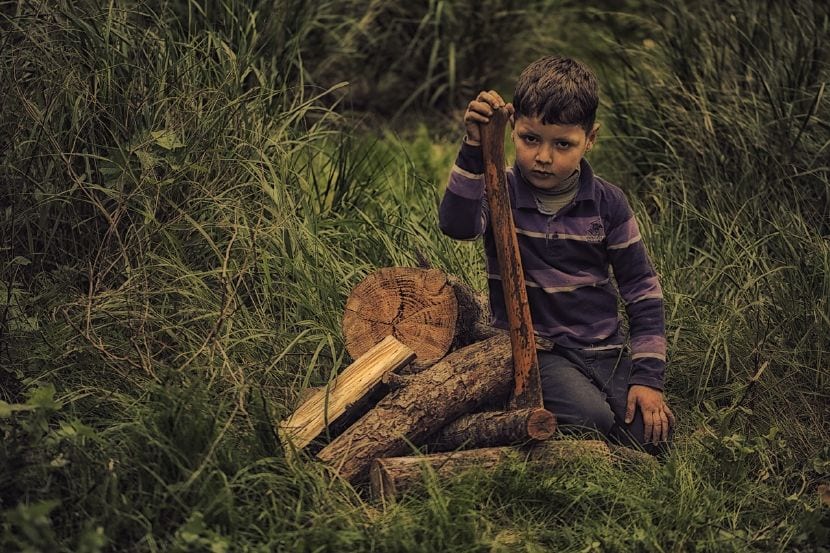
All children in the world have the right to be protected against any type of abuse, neglect and exploitation for their development and health. This includes child labor before a minimum age. Unfortunately the figures say otherwise. According to UNICEF, more than 150 million children between 5 and 14 years they are forced to work and many in very dangerous conditions. Let's see what the right to protection against child labor is all about.
Right to protection against child labor
El Article 32 from the letter of the Fundamental Rights of the European Union talks about the rights of children not to suffer any kind of exploitation and abuse. He says “Child labor is prohibited. The minimum age for admission to work may not be less than the age at which the compulsory schooling period ends, without prejudice to more favorable provisions for young people and with limited exceptions. Young people admitted to work must have working conditions adapted to their age and be protected against economic exploitation or against any work that may be detrimental to their safety, health, physical, mental, moral or social development, or that may jeopardize their education. "
In other words, it would be the authorities who should ensure that this fundamental right of children is fulfilled. But unfortunately millions of children in developing countries are exploited every day, doing jobs that adults should do in order to survive, often putting their own lives at risk. Is a violation of their fundamental rights, when they should be in school learning skills to develop in life and have a decent job. We cannot look the other way, because it is something that is happening daily with the most defenseless.
Among all of us, both on a personal, social and political level, we are the ones who must protect all children, denounce those who take advantage of the most vulnerable and thus be able to eliminate child labor once and for all. It is also necessary give them access to quality education, reduce poverty, give adults quality employment and end regulations that make child labor legal.
Child labor, a reality
Millions of children in countries, especially in Africa and Asia, do not even have the right to an education that is fair for their age. It is a sad reality. From a very young age they are forced to work instead of being able to develop as children. Extreme problem levels, child exploitation networks, armed conflicts, parental irresponsibility or orphans are some of the reasons why there is child exploitation.

Mining exploitation, chemical products, heavy machinery, dangerous products, construction, military actions or manipulation of weapons are some of the jobs that children are forced to do from a very young age. Also dangerous jobs that put your physical and emotional integrity at risk. Or they can also carry out another type of less dangerous work but in endless hours and in inhuman conditions (begging, plantations, street vending ...).
Children need protection against child labor and exploitation for many reasons. Working before the minimum age does not allow them to play, learn and develop fully as children. They are missing a very important part of their development that will not return, and they will be affected both mentally and physically forever. It also violates their rights, their dignity and their personal respect, and we are adults and more specifically the authorities, who must ensure that this does not happen. We too can do something from here, stopping consuming products where children have been used for their production. We must sensitize ourselves to this cause, that although it is far away, we are part of the problem.
Because remember… it is a moral obligation to these children, that we all unite to protect their rights as a priority.